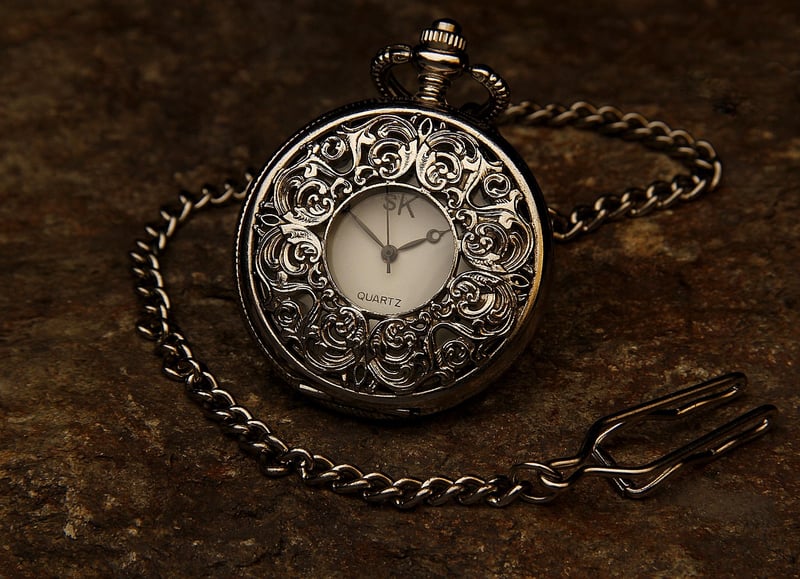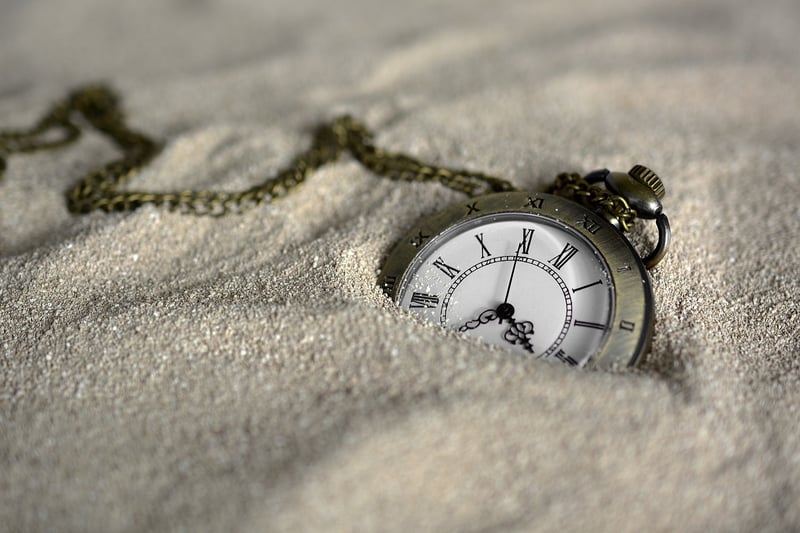Time Travel Ethics
Exploring Stories Across Timelines and Time Travel Ethics
The Fascination with Time Travel
Time travel has long captured the imagination of storytellers and audiences alike. The concept of traversing different timelines, altering history, or witnessing the future has been a popular theme in literature, movies, and TV shows for decades.
Time Travel in Popular Culture
From classics like H.G. Wells' "The Time Machine" to modern hits like "Back to the Future" and "Doctor Who," time travel stories have enthralled us with their endless possibilities and mind-bending paradoxes.
Key Themes in Time Travel Narratives
- Changing the course of history
- Meeting your past or future self
- Exploring alternate realities
- Consequences of altering the timeline
Time Travel Ethics
While time travel makes for compelling storytelling, it also raises ethical questions. The ability to change the past or future comes with significant moral implications:
Paradoxes and Consequences
One of the primary ethical dilemmas in time travel is the potential for paradoxes. Changing a single event in the past could have far-reaching consequences, leading to unpredictable and potentially catastrophic outcomes.
Respecting the Timeline
Many time travel narratives explore the idea of preserving the timeline and not interfering with historical events. This raises questions about free will, predestination, and the morality of altering the natural course of history.
Exploring Time Travel Safely
While time travel remains a work of fiction, contemplating its implications allows us to reflect on our actions in the present. By considering the ethical implications of altering timelines, we can better understand the importance of responsibility and humility in shaping our future.
Image Source:

Further Reading:
For more insights into time travel ethics and captivating stories across timelines, check out these resources:
